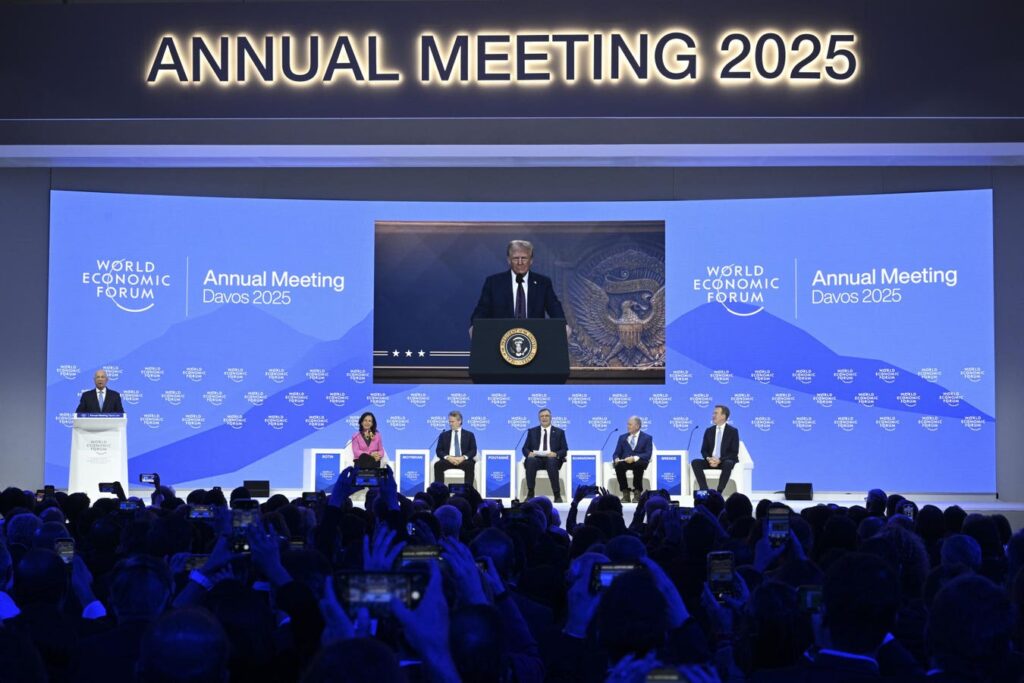“America First” echoed through the World Economic Forum as President Trump delivered a stark message to global business leaders: manufacture in America for low taxes, or face tariffs. This renewed protectionist stance highlights a persistent challenge in international trade – what happens when partners don’t play by the rules?
While free trade agreements promise mutual benefits through comparative advantage and open markets, the reality often diverges from this ideal. Countries frequently employ tactics like dumping – selling products below their domestic market value – or providing government subsidies to gain unfair advantages. These practices can devastate domestic industries and distort global markets.
The primary defense against such unfair trade practices lies in two key mechanisms: anti-dumping duties and countervailing duties. Anti-dumping duties target products sold below fair market value, while countervailing duties counter the effects of government subsidies. Together, these tools form the backbone of trade defense infrastructure.
Ironically, the United States, historically the champion of free trade, has emerged as the most prolific user of anti-dumping measures. This paradox reflects a fundamental reality: even the strongest advocates of free trade require mechanisms to ensure fair competition. As global trade has expanded, other nations have followed suit, adopting similar protective measures.
The surge in both anti-dumping and countervailing duties parallels the rise of trade liberalization, revealing an important truth: as markets open, the need for targeted protection against unfair practices increases. This isn’t necessarily contradictory – effective free trade requires rules and enforcement mechanisms.
The process of securing these protections is rigorous but accessible. Any company or industry association can petition for anti-dumping protection, though legal costs typically range from hundreds of thousands to millions of dollars. For many industries, particularly those facing existential threats from unfair competition, this investment can yield crucial protection.
The investigation process involves two federal bodies working in tandem. The Department of Commerce evaluates whether products are being sold below cost or market value, while the International Trade Commission assesses the material injury to domestic industries. Both must confirm their findings before duties can be imposed.
While tariffs offer a quick, broad response to unfair trade practices, they’re often criticized as too blunt an instrument. Anti-dumping and countervailing duties provide more targeted intervention, addressing specific instances of market distortion while maintaining broader free trade principles. Industries like steel, chemicals, and sugar have become regular users of these mechanisms, demonstrating their practical utility in maintaining market balance.
As global trade continues to evolve, the challenge lies in striking the right balance between open markets and fair competition. While “America First” policies may seem to contradict free trade principles, they highlight an essential truth: sustainable free trade requires effective enforcement mechanisms against those who would exploit the system. The future of international trade will depend on our ability to maintain this delicate equilibrium.
Read the full article here

